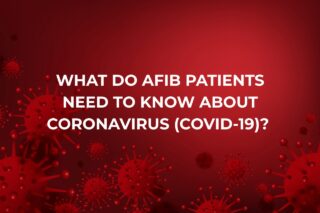Many people might not know the difference between a Pacemaker and an Implantable Cardioverter Defibrillator (ICD), but if your primary care doctor or cardiologist recommends one, it is important to know the basic function of each of these life-saving devices.
Although both devices are surgically placed inside the chest or abdomen to help regulate your heart, a Pacemaker does this by monitoring your heartbeat and delivering low-level electrical pulses to keep your heart at a normal pace. Your heart has its own electrical system that is meant to maintain a proper rhythm, but arrhythmias (irregular heart rhythms) prevent your heart from pumping the necessary amount of blood.
ICDs often have Pacemakers built into them, so they can do everything a Pacemaker can, plus a bit more. Whereas a Pacemaker can only deliver low-level electrical pulses, an ICD can deliver both low-level and high-level electrical pulses. The ICD has the ability to detect more life-threatening arrhythmias (like those that can cause Sudden Cardiac Arrest), and shock the heart (a process known as defibrillation) back to a normal rhythm.
The low-level pulses are not painful and may only feel like fluttering in your chest. The high-level shocks last a fraction of a second, and you may feel a thump or kick in your chest, depending on how strong the shock is. The most common problem with the ICD is that it may deliver shocks that are unneeded, but these can be regulated manually or through medication if they do occur.
Contact us today if your primary care doctor / cardiologist recommends either a Pacemaker or an ICD. Dr. Dilip Mathew is the premier cardiac electrophysiologist in the Venice and Sarasota area treating a variety of heart rhythm disorders.



